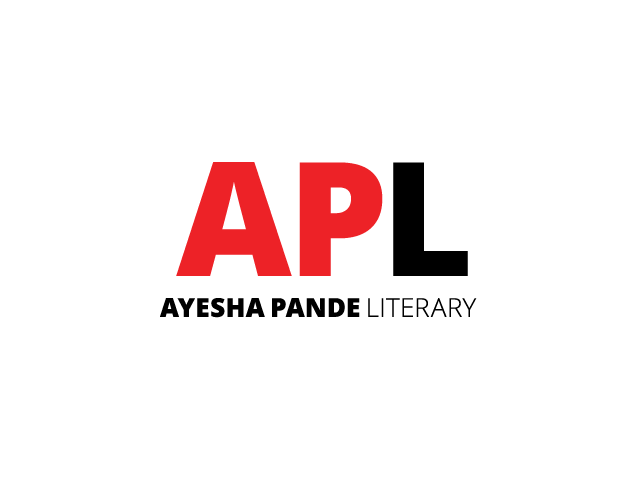Carrie Lowry Schuettpelz
Whiting Foundation Creative Nonfiction Grant recipient
Author of
The Indian Card (Flatiron, 2024)
Carrie Lowry Schuettpelz is an Associate Professor in the School of Planning and Public Affairs at the University of Iowa. She holds a Master in Public Policy from Harvard University and an MFA in Creative Writing from the University of Wisconsin, and was a Fulbright Scholar in Denmark. She is an enrolled member of the Lumbee Tribe of North Carolina.
Instagram / Represented by Ayesha Pande
BOOKS BY CARRIE
The Indian Card (Flatiron, 2024)
A groundbreaking and deeply personal exploration of Tribal enrollment, and what it means to be Native American in the United States
Who is Indian enough?
To be Native American is to live in a world of contradictions. At the same time that the number of people in the US who claim Native identity has exploded—increasing 85 percent in just ten years—the number of people formally enrolled in Tribes has not. While the federal government recognizes Tribal sovereignty, being a member of a Tribe requires navigating blood quantum laws and rolls that the federal government created with the intention of wiping out Native people altogether. Over two million Native people are tribally enrolled, yet there are Native people who will never be. Native people who, for a variety of reasons ranging from displacement to disconnection, cannot be card-carrying members of their Tribe.
In The Indian Card, Carrie Lowry Schuettpelz grapples with these contradictions. Through in-depth interviews, she shares the stories of people caught in the mire of identity-formation, trying to define themselves outside of bureaucratic processes. With archival research, she pieces together the history of blood quantum and tribal rolls and federal government intrusion on Native identity-making. Reckoning with her own identity—the story of her enrollment and the enrollment of her children—she investigates the cultural, racial, and political dynamics of today’s Tribal identity policing. With this intimate perspective of the ongoing fight for Native sovereignty, The Indian Card sheds light on what it looks like to find a deeper sense of belonging.
Advance Praise:
The Indian Card is a candid, unflinching look at the sometimes subtle, sometimes ruthless ways federal policies underminE Indigenous culture and society. A groundbreaking work driven by curiosity, rigor, and high personal stakes. - The Whiting Foundation



